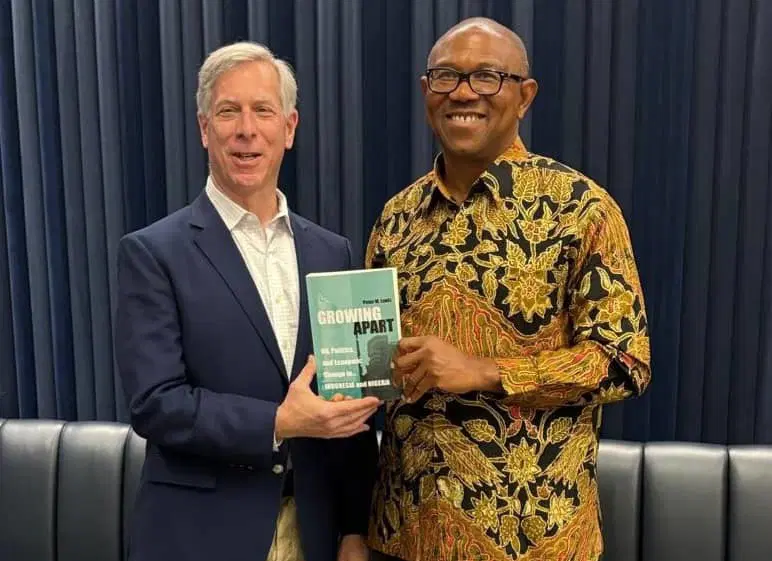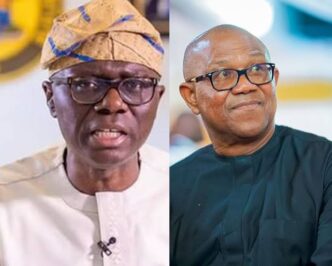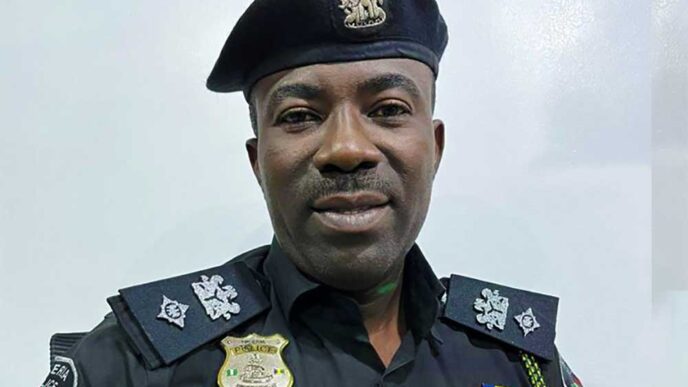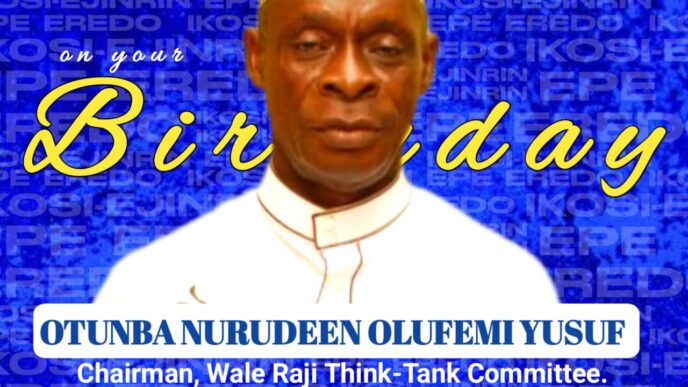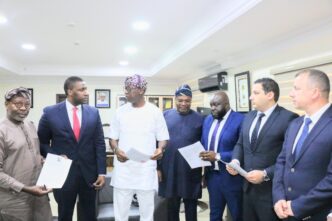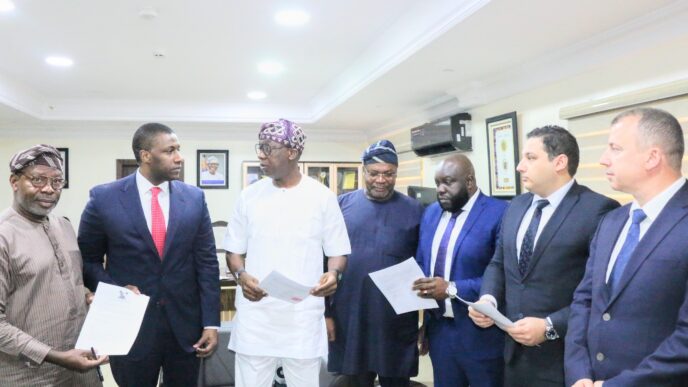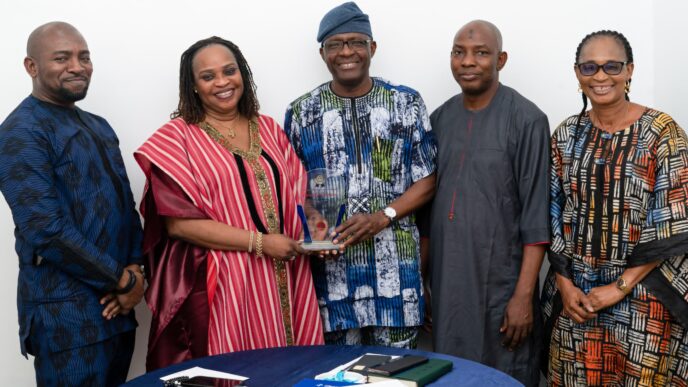Lagos State Governor, Babajide Sanwo-Olu has responded to recent comments made by former Anambra State Governor and 2023 Labour Party presidential candidate, Mr. Peter Obi, who criticised Nigeria’s economic policies during a lecture at Johns Hopkins University in the United States.
EpeInsights gathered that Mr. Obi while speaking in Baltimore, Maryland, on April 24, painted a dire picture of Nigeria’s economic outlook, accusing the current administration of worsening poverty and mismanaging opportunities for growth.
Governor Sanwo-Olu, in a detailed rebuttal, challenged Obi’s remarks and called for greater responsibility from Nigerian leaders when addressing international audiences.
“While no one is obliged to defend any administration abroad, we all have a patriotic duty to represent Nigeria positively,” Sanwo-Olu said.
“Publicly de-marketing the country benefits no one.”
Focusing specifically on poverty, the Lagos State Governor defended the current administration’s efforts under President Bola Ahmed Tinubu, highlighting several policies aimed at improving education, healthcare and economic inclusion.
Sanwo-Olu pointed out that under Tinubu’s leadership, the federal government has launched a student loan scheme benefiting over 200,000 students and allocated more than half a billion dollars in credit support to small and medium enterprises.
He also cited Tinubu’s record as former Lagos State Governor, claiming that poverty in the state was reduced by over 46% during his tenure from 1999 to 2007.
In contrast, Sanwo-Olu scrutinised Obi’s own track record as governor of Anambra State.
According to the Lagos governor, poverty levels in Anambra increased from 41.4% in 2007 to 53.7% within two years of Obi’s administration.
He added that it was Obi’s successor, Willie Obiano, who brought the figure down significantly years later.
“Mr. Obi speaks eloquently about solutions, but the data from his time in office does not support his claims. Leadership must be judged by results, not rhetoric,” Sanwo-Olu said.
He concluded by urging Nigerian politicians to promote the nation’s image abroad, regardless of their political affiliations. “We can disagree on policies, but we must agree on patriotism,” he stated.
